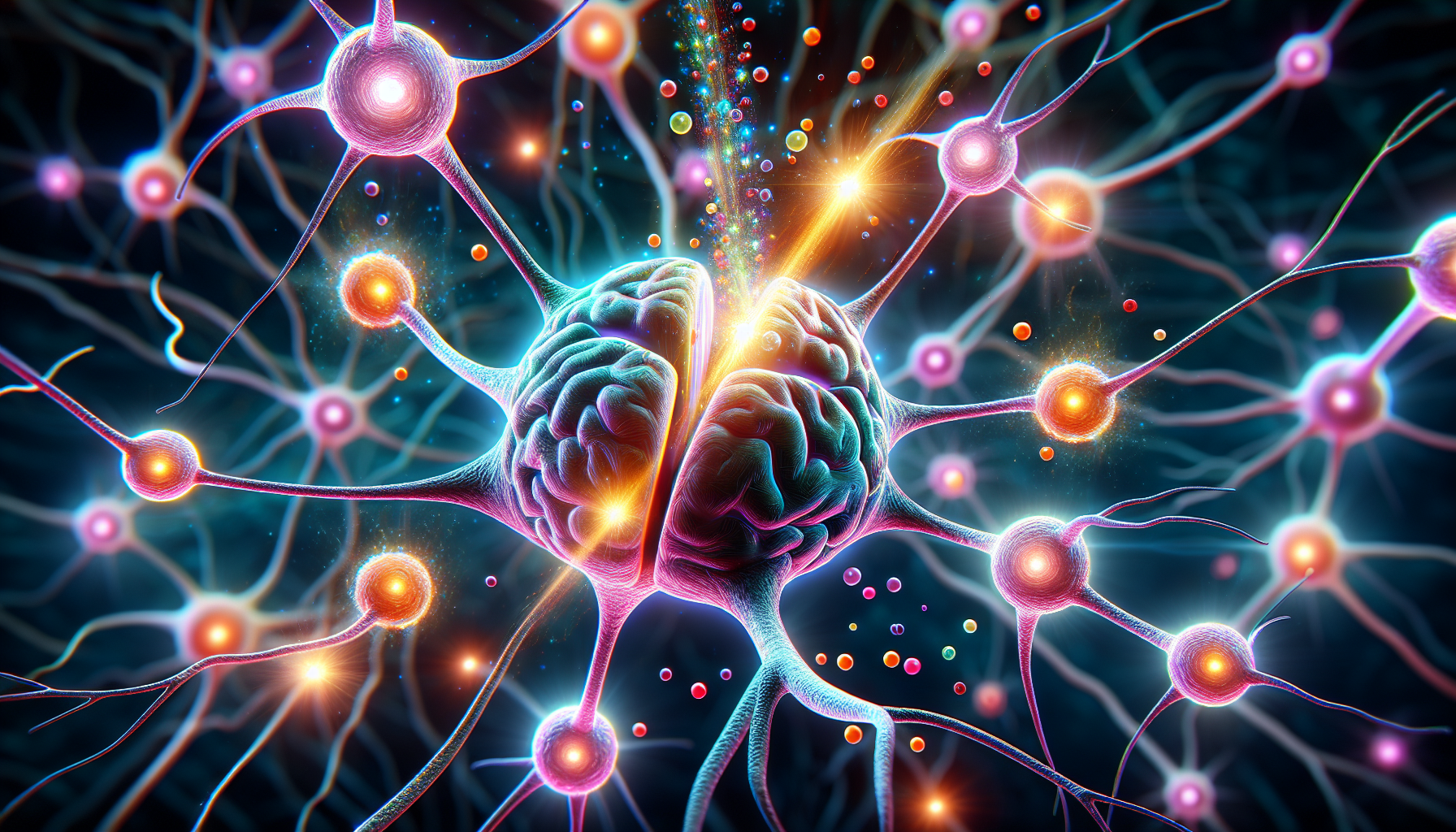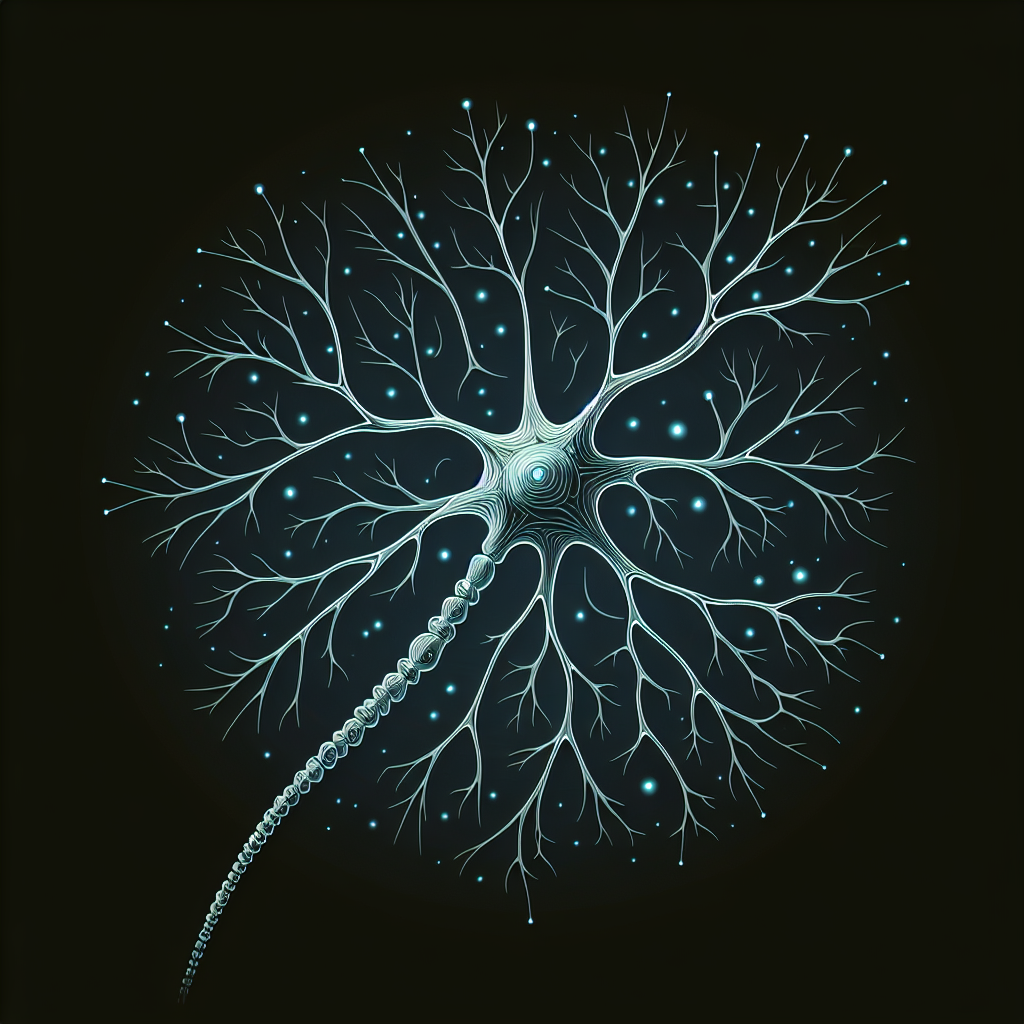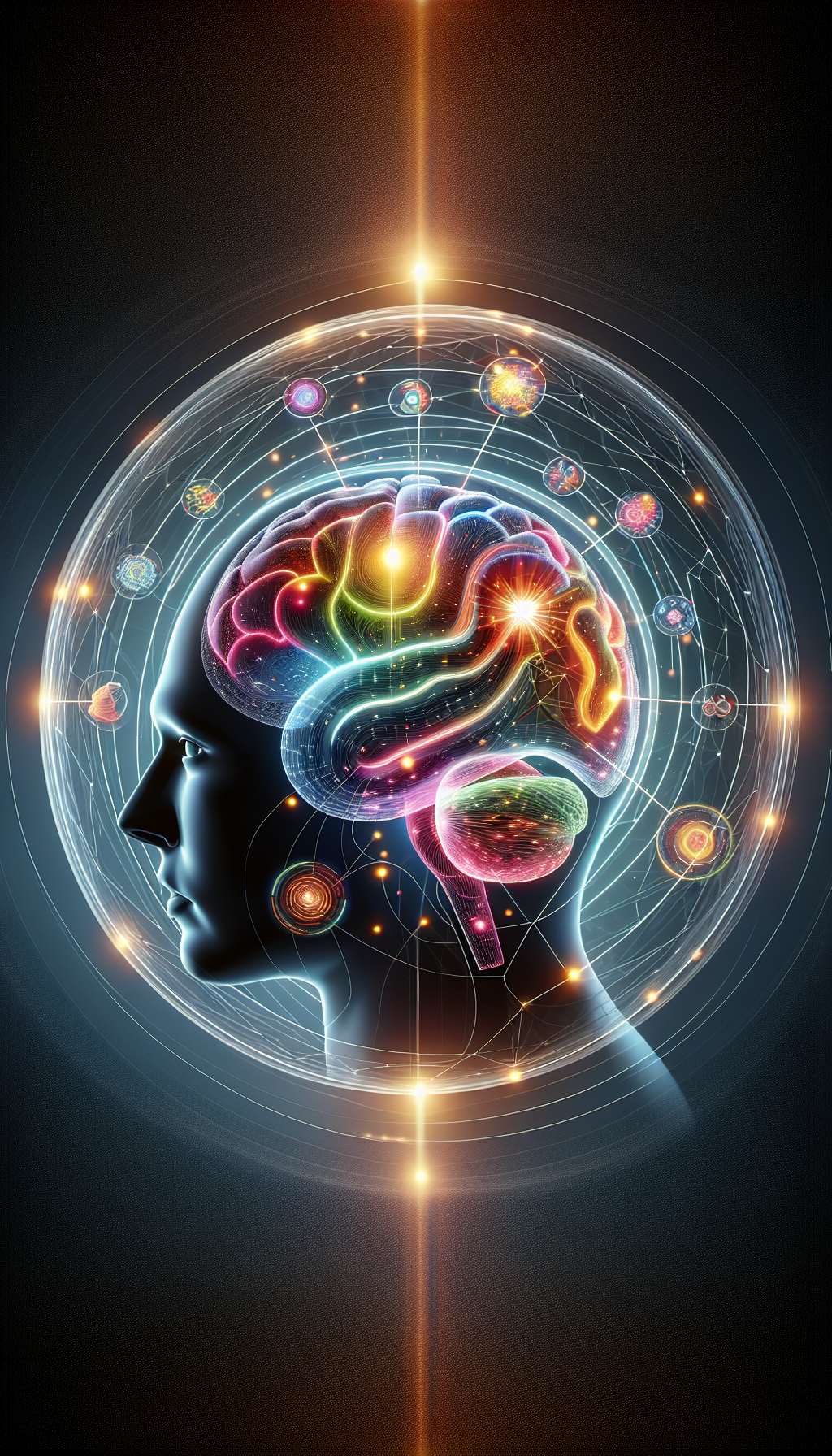Nootropics, often referred to as "smart drugs" or cognitive enhancers, are substances that can boost brain performance. They are becoming a popular way to give your brain an extra push. But beyond the hype, what really are nootropics? How do they work? And more importantly, what can they do for brain function?
Understanding Nootropics and Their Types
Nootropics can be classified into three main categories: synthetic compounds, dietary supplements, and prescription drugs. Synthetic nootropics include substances like piracetam, which is known for its ability to improve memory and cognitive functions. Dietary supplements encompass various natural or herbal nootropics, such as Ginkgo biloba and Panax ginseng, which are touted for their memory-enhancing effects. Prescription nootropics, such as Adderall or Ritalin, are typically used to treat conditions like ADHD and narcolepsy but are also known for their ability to improve concentration and focus.
The Mechanism of Action
The brain is a complex organ, and its function can be influenced by a variety of factors. Nootropics act on the brain in several ways. Some may alter the availability of the brain’s supply of neurochemicals, such as neurotransmitters, enzymes, and hormones, either by enhancing their production or preventing their breakdown. Others could improve brain oxygen supply, stimulate nerve growth, or slow down brain aging.
Enhancing Neurotransmitter Availability
Nootropics like racetams increase the production of neurotransmitters such as acetylcholine, which is associated with learning and memory. By increasing the availability of these chemicals, nootropics can potentially enhance synaptic plasticity, which is the brain’s ability to change and adapt as a result of experience.
Protecting the Brain
Antioxidant properties of certain nootropics contribute to brain health by preventing oxidative stress and damage from free radicals. This protective role can be crucial, especially as one ages, and is a key feature of substances like L-theanine found in green tea.
Promoting Neurogenesis
Some nootropics can support the growth and maintenance of neurons, a process known as neurogenesis. This is important for long-term brain health and function, and substances like Bacopa Monnieri have been shown to support this process.
The Potential Benefits of Nootropics
The use of nootropics can lead to several potential benefits, including:
- Improved memory and learning
- Enhanced cognitive abilities
- Increased concentration and focus
- Better clarity of thought
- Improved mood and mental energy
However, it’s not all positive. The efficacy of nootropics can vary widely from person to person, and not all nootropics are created equal. The scientific evidence supporting their benefits can range from robust to non-existent, depending on the substance in question.
Safety and Side Effects
While many nootropics are considered safe, especially those that are naturally occurring or available over-the-counter, they are not without their risks. Potential side effects can include insomnia, anxiety, and increased heart rate, particularly in synthetic or prescription nootropics. Therefore, it’s imperative to approach nootropics carefully, preferably under the guidance of a healthcare professional.
Integrating Nootropics with Other Brain Health Strategies
For those interested in exploring the potential of nootropics, it’s also important to consider other aspects of brain health. Engaging in regular exercise, ensuring proper hydration, and maintaining a balanced diet rich in antioxidant-rich foods can complement the effects of nootropics. Additionally, managing stress through techniques like meditation or yoga and ensuring adequate sleep are crucial for cognitive function.
For a deeper understanding of how to support your brain health, explore Avix Health’s comprehensive guide on brain health, which provides insights into the various factors that influence cognitive function.
Real-Life Applications and Limitations
It’s important to note that while nootropics may have potential, they are not a magic solution for cognitive enhancement. They should be used as part of a broader approach to brain health that includes lifestyle changes and other non-pharmacological interventions.
For individuals looking to optimize their cognitive function, it’s also worth considering the role of environmental factors such as the influence of music on brain health and how social media affects brain function and mental health.
Conclusion
Nootropics present a fascinating and potentially beneficial avenue for enhancing brain function. However, their use should be approached with caution and skepticism. It’s essential to research thoroughly, consult healthcare professionals, and consider personal health conditions before starting any new supplement regimen.
Furthermore, it’s crucial to remember that nootropics are not a substitute for a healthy lifestyle. Regular exercise, adequate sleep, a nutritious diet, and mental exercises remain the cornerstone of optimal brain function.
For those who choose to explore the world of nootropics, it may be a journey of trial and error to find the right substance and dosage that works for them. But with the right approach and realistic expectations, nootropics can be a valuable tool in one’s cognitive enhancement arsenal.



